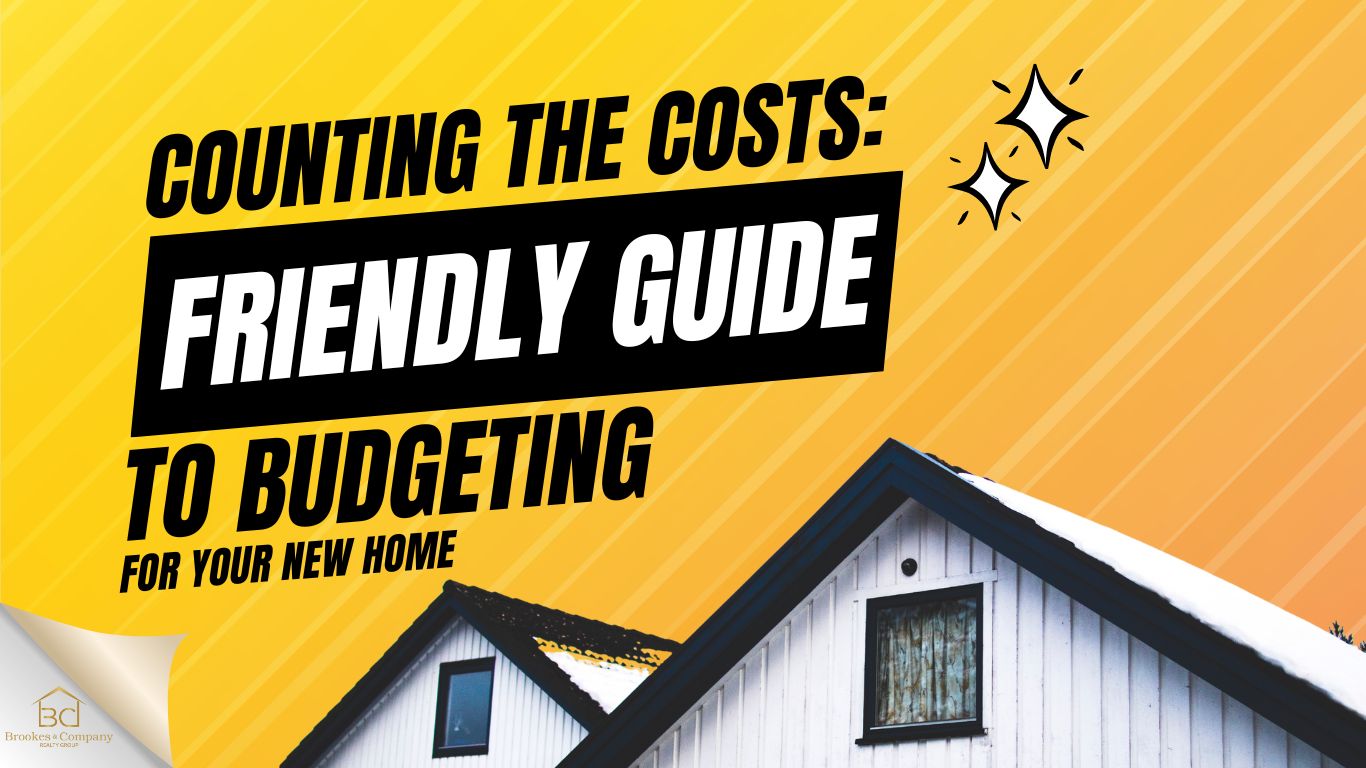Congratulations on embarking on the journey to homeownership! Purchasing a new home is an exciting milestone, but it’s essential to approach it with careful planning and consideration. One of the most critical aspects of this process is budgeting. In this guide, we’ll explore the ins and outs of budgeting for your new home, ensuring a smooth and financially sound transition.
Understanding Your Finances
Before diving into the specifics of budgeting for your new home, take some time to assess your financial situation. Determine your current income, expenses, and overall financial health. Understanding where you stand financially will provide a solid foundation for creating an effective budget.
Setting Your Priorities
When budgeting for a new home, it’s crucial to differentiate between your needs and wants. Identify the essential features you require in a home versus the amenities you desire. Allocating funds based on your priorities will help you stay within budget while still achieving your desired lifestyle.
Researching Costs
Purchasing a home involves more than just the listing price. Research and consider additional costs such as closing costs, property taxes, and maintenance expenses. Understanding the full scope of expenses associated with homeownership will prevent any unexpected financial surprises down the road.
Creating a Realistic Budget
Once you’ve gathered all necessary financial information, it’s time to create a realistic budget. Establish a breakdown of expenses, including mortgage payments, utilities, insurance, and maintenance costs. Be sure to leave room for unexpected expenses to avoid financial strain in the future.
Saving Strategies
Saving for a new home requires discipline and strategic planning. Consider implementing saving strategies such as setting up automatic transfers to a dedicated savings account and reducing discretionary spending. Additionally, prioritize building an emergency fund to cover any unforeseen expenses.
Seeking Professional Advice
Navigating the complexities of homeownership can be daunting, which is why seeking professional advice is invaluable. Consult with financial advisors and mortgage specialists to gain insight into your options and ensure you make informed decisions that align with your financial goals.
Sticking to Your Budget
Once you’ve established a budget, it’s essential to stick to it diligently. Implement strategies for staying within budget, such as tracking your spending, avoiding impulse purchases, and finding ways to reduce expenses. Remember, consistency is key to achieving long-term financial stability.
Managing Debt
Before purchasing a home, it’s essential to assess and manage your existing debt. Calculate your debt-to-income ratio to ensure you can comfortably afford mortgage payments while still meeting other financial obligations. Develop a plan for paying down debt to improve your overall financial health.
Tracking Expenses
Effective budgeting requires ongoing monitoring of your expenses. Utilize budgeting tools and apps to track your spending and identify areas where you can cut back. Regularly reviewing your budget will help you stay on track and make necessary adjustments as needed.
Reviewing and Adjusting
As your financial situation evolves, so too should your budget. Regularly review your budget to ensure it aligns with your current circumstances and financial goals. Be prepared to make adjustments as needed, whether it’s reallocating funds or revising your savings strategy.
Celebrating Milestones
Throughout your homeownership journey, it’s essential to celebrate financial milestones along the way. Whether it’s reaching your savings goal for a down payment or paying off a significant portion of your mortgage, take the time to acknowledge your progress and stay motivated.
Common Budgeting Mistakes to Avoid
While budgeting for a new home, there are several common mistakes to avoid. These include overspending on non-essential items, underestimating maintenance costs, and neglecting to factor in fluctuating expenses. Awareness of these pitfalls will help you navigate the budgeting process more effectively.
Conclusion
Budgeting for a new home is a significant undertaking that requires careful planning and consideration. By understanding your finances, setting realistic goals, and sticking to a budget, you can navigate the process with confidence and achieve your homeownership dreams. Remember, the key to successful budgeting is diligence and flexibility, so stay committed to your financial goals, and you’ll soon be enjoying the comforts of your new home.
FAQs
1. What percentage of my income should go towards housing?
- Typically, experts recommend allocating no more than 30% of your gross income towards housing expenses, including mortgage payments, taxes, and insurance.
2. How can I save for a down payment?
- Consider setting up a dedicated savings account specifically for your down payment and automate regular contributions. Additionally, explore down payment assistance programs and savings strategies such as cutting back on discretionary spending.
3. What should I do if I exceed my budget?
- If you find yourself exceeding your budget, reassess your expenses and identify areas where you can cut back. Consider adjusting your budget or finding alternative sources of income to stay on track.
4. Is it better to rent or buy a home?
- The decision to rent or buy a home depends on various factors, including your



